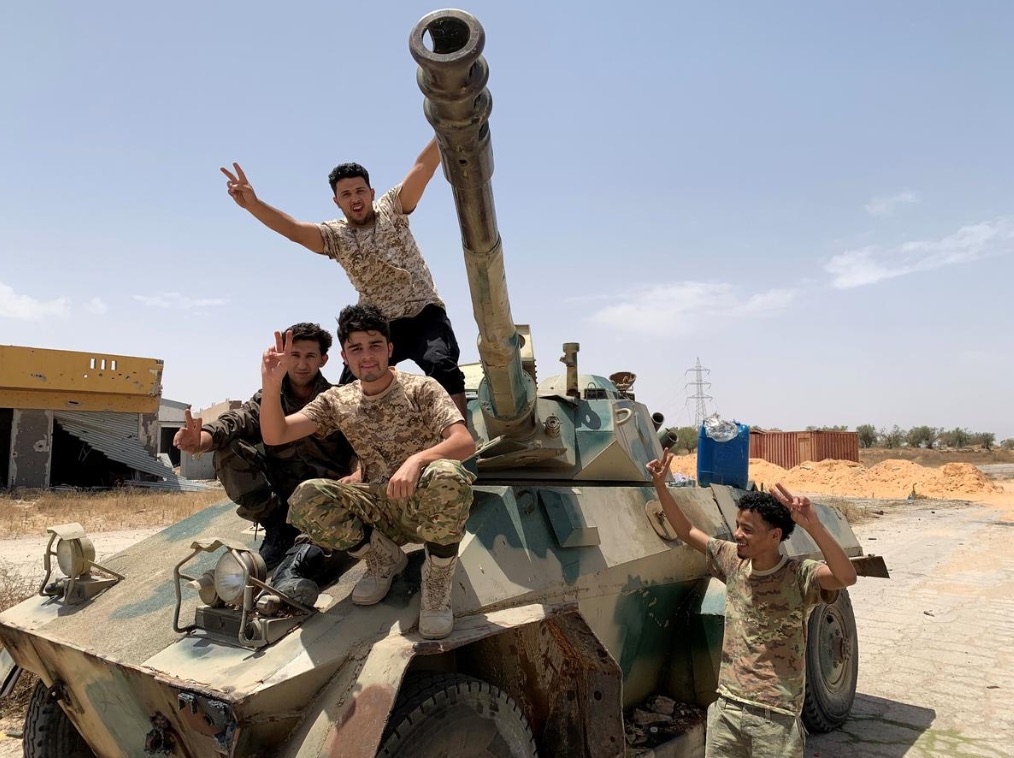
For the first time in decades Egypt has employed its military power to become an important element in the equation towards peace in Libya, in partnership with regional and international powers.
It had previously been feared that any progress towards Sirte and Jufra would mean an Egyptian-Turkish confrontation, something neither both countries or the world at large would want.
The Government of National Accord’s recent statement constitutes a turning point surprising to some, though it is the result of non-public negotiations and international pressure on all parties to avoid a military confrontation.
Part of the statement issued by Fayez al-Sarraj, the chairman of the Presidential Council, reads: “Based on its political and national responsibility, and out of what imposed by the current situation in the country and the region and the pandemic, the President of the Presidential Council of the Government of National Accord issues instructions to all military forces to immediately cease fire and all combat operations in all Libyan territories.”
The Speaker of the Libyan Parliament Aguila Saleh said that this agreement on an immediate ceasefire across Libya “blocks the road to any foreign military interventions leading to the removal of mercenaries, while oil production will resume with its revenues frozen in a foreign account of the Libyan bank.”
And the representative of the United Nations Secretary-General in Libya, Stephanie Williams, has said that the two parties have carried out a courageous decision.
She further hoped that this matter would speed up implementation of the Five + Five Joint Military Committee’s agreements, and begin deporting all foreign forces and mercenaries present on Libyan soil.
From the position and statements made by Libya’s parties and Arab and foreign officials, it is clear that Libya is entering a new phase possibly even more dangerous than before: because now it will need the skills and political pressure to push things towards building a civil state far away from the domination of political Islamist groups, and ensure that all mercenaries leave Libya.
The truth is, while Egypt has succeeded in becoming a powerful figure of deterrence, it needs more to be able to play its hand in the political equation currently being formed amid a strong US, Russian and Turkish presence.
President Sisi welcoming Fayez al-Sarraj’s statement on the ceasefire might make us reflect on what we’ve done in the past, regarding the necessity of an Egyptian political breakthrough in the Libyan west, restoring communication channels with the GNA and supporting civil and national forces from outside the extremist groups.
We should not consider the country’s financial and political capital, Tripoli and the Libyan West, in which about two-thirds of the population live, as belonging to the Muslim Brotherhood and extremists, as touted by those exaggerators who believe that insults would be an alternative to military deterrence and political presence.
The upcoming period in Libya is going to sensitive, as it will mean the trade-off between a fundamentalist state hostile to Egypt, or one that is brotherly and civil.
And in order for that to happen, politics, economy and culture must be present.




